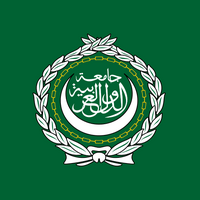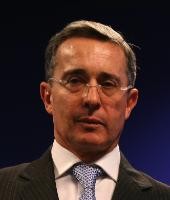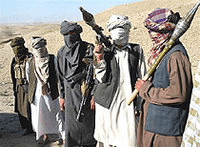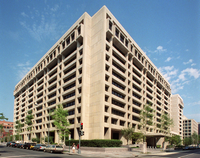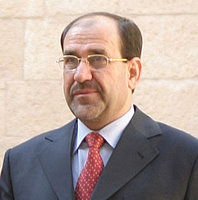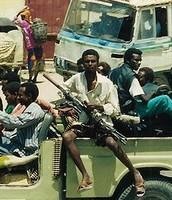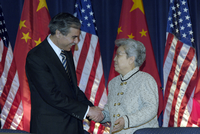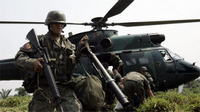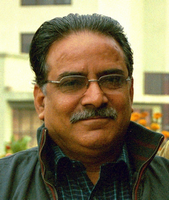
SOFIA, Bulgaria — The gas is back on in Sofia, but Bulgarian Prime Minister Sergei Stanishev is still feeling the political chill. Increasingly out of favour in Brussels and frozen out by fair weather friends in Moscow, Stanishev’s government also faced the wrath — and hurled bricks — of street protestors in recent weeks. It was an inauspicious start to a year featuring elections that could be crucial in reinvigorating the country’s reform process and restoring relations with its European partners. Bulgaria’s big freeze came to an end on Jan. 20, when gas flows from Russia via Ukraine — cut […]

